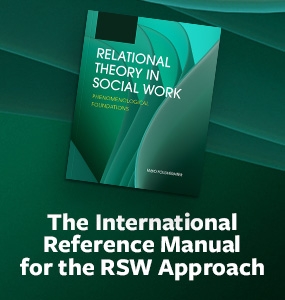A Relational Approach to Outcomes Measurement in Social Services
Yekoutiel Sabah, Maayan Lawental
Since the advent of the New Public Management (NPM) paradigm in the governance of social services, those services encounter growing pressure to measure their outcomes and to demonstrate that their interventions benefit services recipients. However, the routinization of outcomes measurement had faced providers and practitioners’ resistance. This article calls for the incorporation of a relational, rather than a contractual, perspective in the measurement of social services outcomes. It delineates the main premises of this approach which are complexity, relational coordination, practical wisdom and generative leadership. It then examines a 12 years long initiative to promote outcomes measurement that in many ways encompass the relational approach premises, even though it was not initially conceived as such. The article assumes that both the NPM paradigm and the relational approach perspective have strengths and weaknesses. It calls for more implementation of the relational approach to outcomes measurement and for further research in order to understand the advantages and the limitations of each perspective in different areas of practice and in different contexts.
Keywords
Outcomes measurement, performance, regulation, relational approach, social services.




